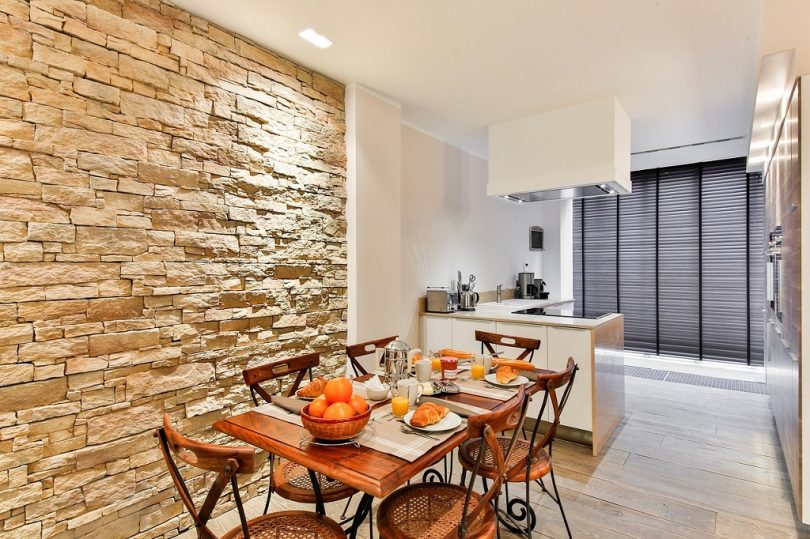New Housing Legislation was approved by the Government a short while ago. The law not only regulates the increase of rent, also certain guarantees have been added and the term of rental contracts has been extended from three to five years, sometimes even to seven years in case it involves legal entities.
Because of this new law, some property owners have decided to switch from the short-term rental market to the long-term rental market. But is this change really worth it? Or should a property owner stick to more traditional rental services?
Today, this article by ShMadrid will discuss long-term accommodation in the Spanish capital.
Related article: The Most Expensive Districts in Madrid to Rent
Unknown facts about long-term rentals in Madrid
The “Plan Especial de Hospedaje” (PEH or Special Accommodation Plan) has shaken things up a bit. Tourist accommodation now has its limits, and as a result short-term rentals are no longer as interesting as they used to be for property owners.
The plan sets a limit of 90 rental days per year for renting out tourist accommodation without the need of an official permit. However, if you rent out your property for more than 90 days per year, you are obliged to obtain a tourist accommodation license, and this is the exact reason why many property owners decide to rent out their property for the long term, instead of just for tourism purposes.
When you compare the profitability of both rental options, in the end the residential lease or long-term contract is more lucrative, despite taking into consideration that prices paid for a short stay are higher. The profit is, however, affected by agency fees the owner has to pay (around 20% of the yearly income of an apartment) and taxes. More than half of the earnings from long-term rentals are exempt from IRPF tax (Personal Income Tax).
Related article: Requirements to Rent an Apartment in Madrid
If you consider the number of years a property will be rented out, the profitability of long-term rentals is higher, since the owner does not have to pay the agency commission every time, and this ultimately means a profit increase. In addition to this fact, there are also fewer worries and concerns with long-term contracts, as tenants usually stay for more than just a year.
This means more financial security for the property owner, as they will receive income from the property continuously and over a longer period of time. The risk of not making any profit is actually much greater in the case of tourism accommodation, and besides this, a property owner will save money on repairs, maintenance fees and cleaning costs.
And also, considering high property prices in Madrid, many people choose to rent instead of buy, because they are very much aware that they don’t want an expensive mortgage. This is a great reassurance for property owners, as tenants sometimes end up staying in their apartment for pretty much their whole life.
Spanish people sometimes tend to go for a mortgage, because they are under the impression that renting a property is a waste of money. On the other hand there are many people in Madrid who decide to rent a long-term apartment, and they do so for many different reasons: students need to stay until they finish their education or traineeships, people are hired for a new job in the city or they can’t afford a mortgage, because they lack sufficient income.
Do you prefer buying your own home or renting long-term accommodation?








